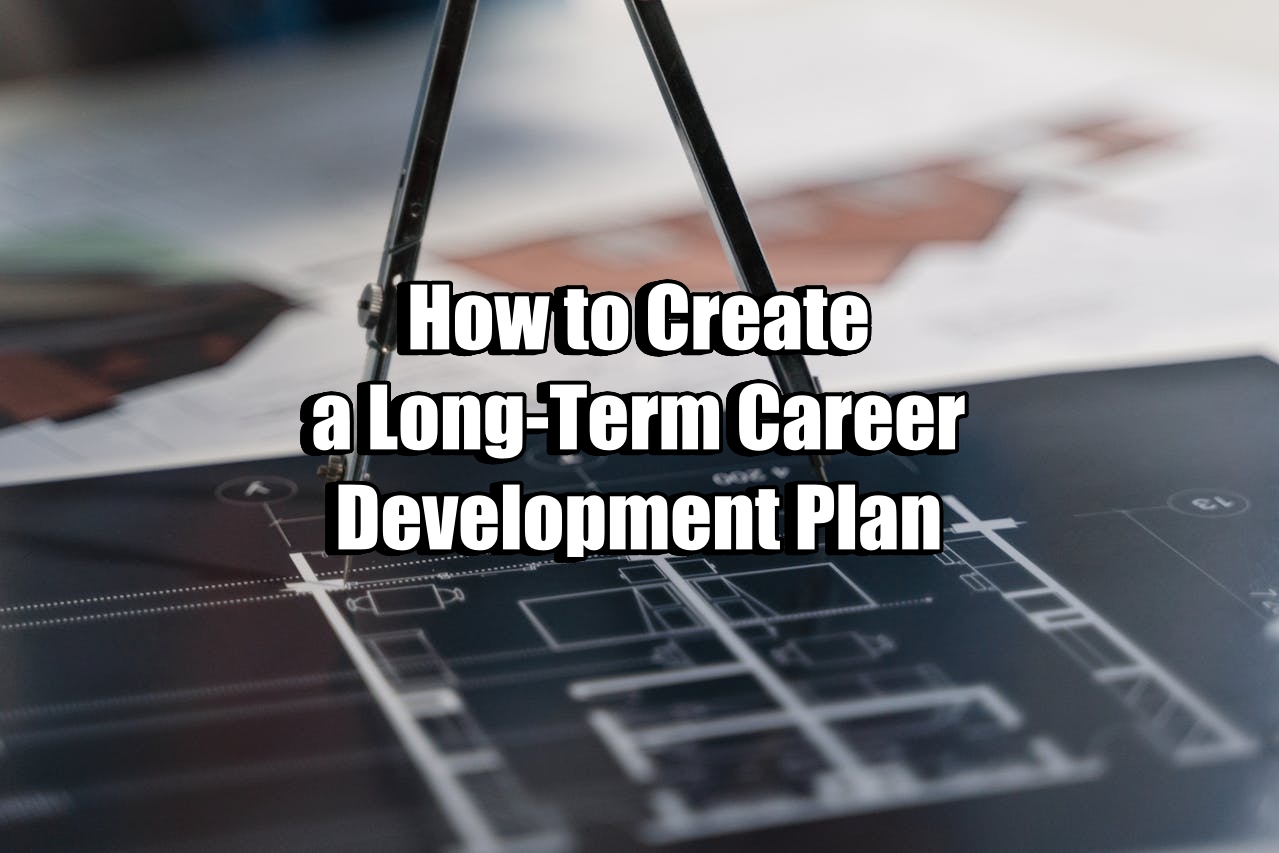Skip to content
How to Create a Long-Term Career Development Plan
Creating a long-term career development plan is essential for achieving success and satisfaction in your professional life. It allows you to set clear goals, identify the steps to achieve them, and stay motivated as you progress. Whether you’re just starting your career or looking to advance to new heights, a well-crafted career plan provides direction and purpose.
Here’s how to create an effective long-term career development plan.
1. Assess Your Current Situation
Before setting new goals, take a step back and evaluate where you are right now in your career. Reflect on your skills, experience, values, and interests. Consider the following questions:
-
What are your strengths and weaknesses?
-
What skills do you excel in, and what skills need improvement?
-
What aspects of your current job or industry do you enjoy, and which do you find challenging?
This assessment will give you a clearer picture of where you stand and what areas need focus for your growth.
2. Define Your Career Goals
Setting clear and specific goals is the foundation of a successful career development plan. Ask yourself:
-
Where do you want to be in 5, 10, or 20 years?
-
What type of role or industry do you want to pursue?
-
What are the milestones you want to achieve, such as promotions, certifications, or a specific salary?
Make sure your goals are SMART (Specific, Measurable, Achievable, Relevant, and Time-bound). For example, “I want to be a marketing director in five years” is a specific, measurable goal with a clear timeline.
3. Identify the Skills and Qualifications You Need
Once you’ve outlined your career goals, identify the skills and qualifications you need to get there. These may include technical skills, soft skills, certifications, or additional education. For instance:
-
If you aim to become a project manager, you may need to acquire project management certifications (e.g., PMP).
-
If you’re pursuing a leadership role, you might need to develop management skills, such as decision-making and conflict resolution.
Be sure to break these down into manageable steps and timelines for acquiring these skills.
4. Create a Roadmap with Actionable Steps
Now that you have your goals and required skills, it’s time to create a roadmap for achieving them. Consider the following:
-
What are the short-term and long-term milestones that will help you reach your goals?
-
What resources (training, mentors, books, etc.) will you need to reach each milestone?
-
What timeline will you set for achieving these milestones?
It’s important to stay flexible—your goals may shift or evolve over time. Review and adjust your plan regularly.
5. Seek Feedback and Support
Your career development doesn’t have to be a solo journey. Seek feedback from mentors, managers, or colleagues who can provide valuable insight into your strengths and areas for improvement. Regularly check in with them to make sure you’re on the right track and ask for guidance or new opportunities for growth.
6. Track Your Progress
Progress tracking is vital for staying motivated and ensuring you’re moving towards your goals. Keep a record of your achievements and challenges. This could be in the form of a journal, digital tracker, or progress report. By regularly assessing your progress, you can make adjustments as needed and celebrate small wins along the way.
7. Stay Adaptable
The job market is constantly evolving, and so are your personal interests and priorities. Be open to change and adapt your career development plan accordingly. Opportunities you hadn’t anticipated may arise, and some goals might evolve as your career progresses. Staying flexible ensures that your plan remains relevant and effective.
Conclusion
Creating a long-term career development plan requires self-reflection, goal-setting, skill development, and continuous evaluation. By following these steps and being proactive, you’ll position yourself for success and satisfaction in your career. Take the time to plan, stay committed, and adapt as needed, and you’ll be well on your way to achieving your professional aspirations.

No responses yet